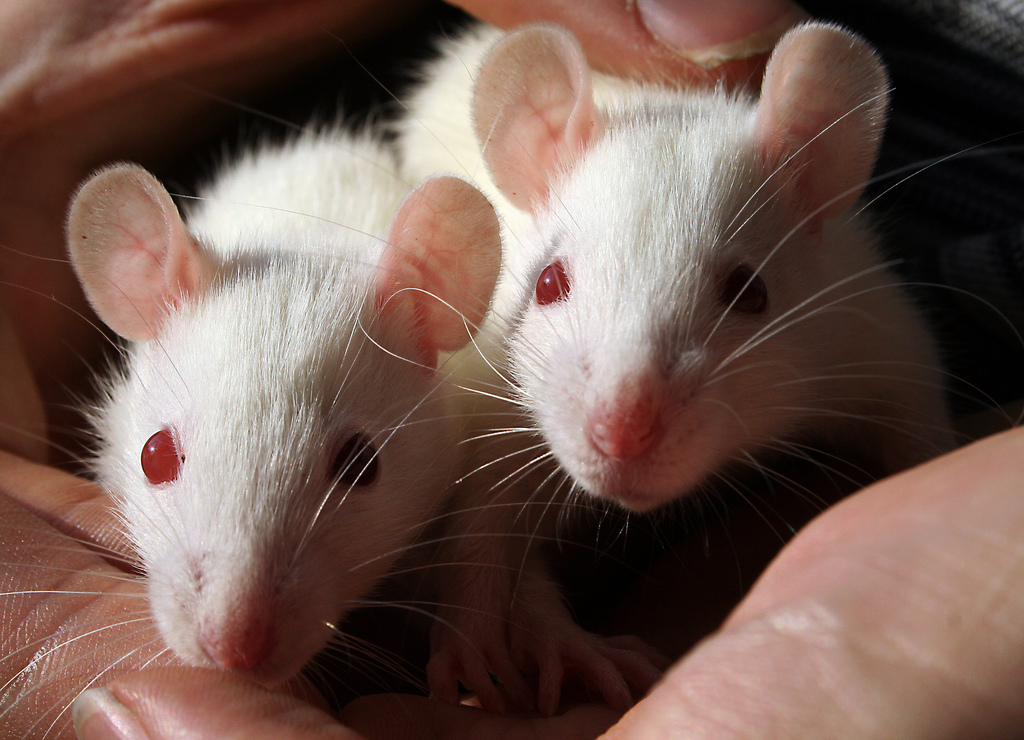Researchers at the University of Texas at Austin have developed a drug they say could stop cocaine and alcohol addiction – and it’s a drug some Texans already take to treat their high blood pressure.
The research was published this week in the journal Molecular Psychiatry. Claire Stelly is a doctoral candidate at the university’s Institute for Neuroscience who was on the team.
“We’re very excited about this research partly because the nature of it suggests that this may be a very brief treatment that could have long lasting impacts on relapse,” she says.
The drug, called isradipine, is currently given in low doses to control blood pressure. During their research, scientists set up two rooms where rats received cocaine in one and saline in the other. Eventually, the rodents developed a preference where they consistently spent their time in a place that’s associated with a positive rewarding outcome. This is the equivalent of an alcoholic person’s craving for a beer triggered by seeing a Shiner commercial.
“These cues acquire the ability over time to strongly motivate you to, for example, leave work and go get a beer at the expense of your job or your family,” Stelly says.
The nature of the findings, if they were to hold up in clinical testing, would mean that addicts would be able to take isradipine to help them erase these triggers by encountering them in the presence of this drug. Isradipine is currently approved by the FDA, but only in low doses meant to keep blood pressure at a tolerable level.
“The doses we used in the study were significantly higher, so this is not a typical use of the drug,” Stelly says. “You would have to figure out an appropriate regimen that’s effective.”














